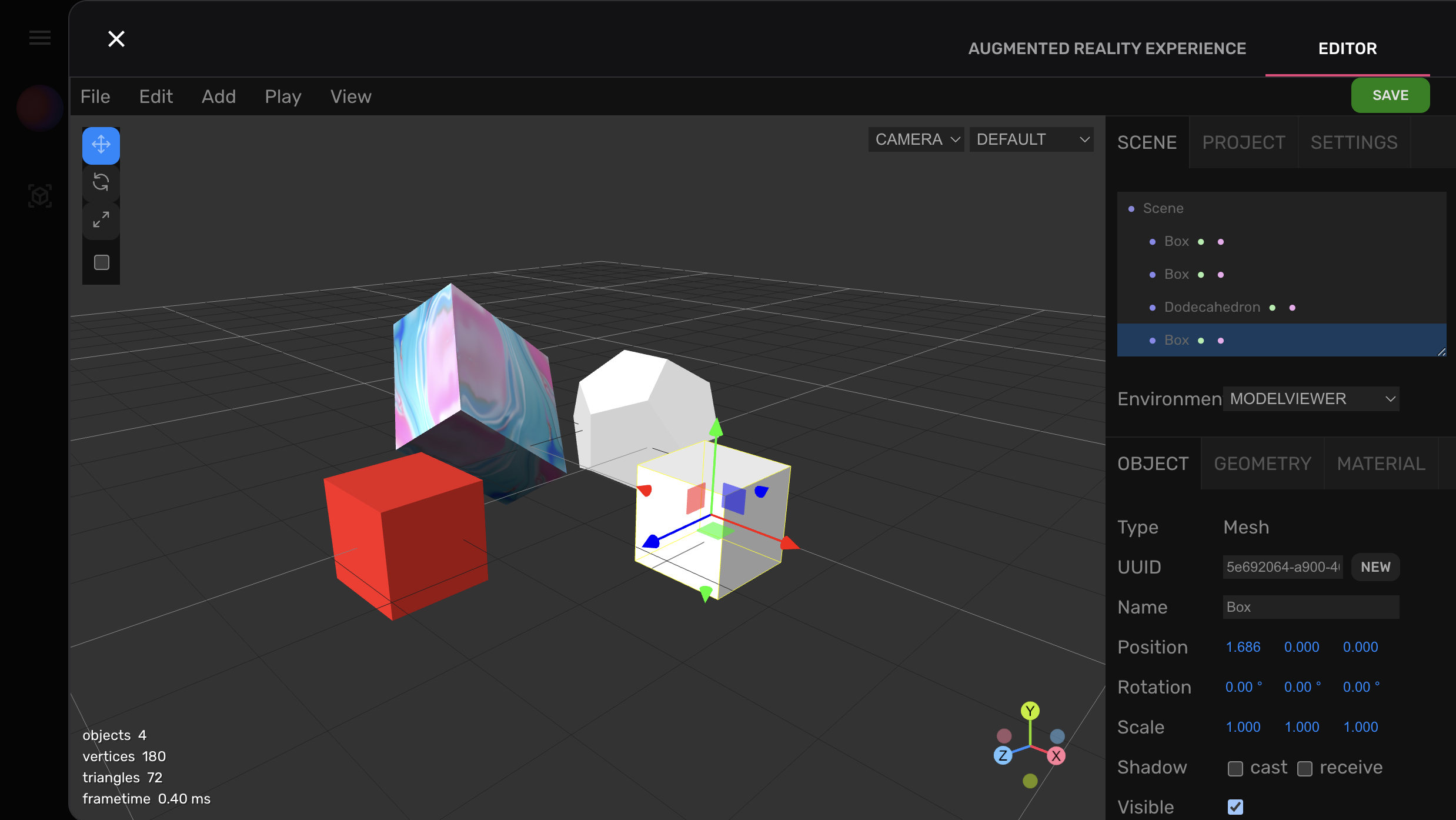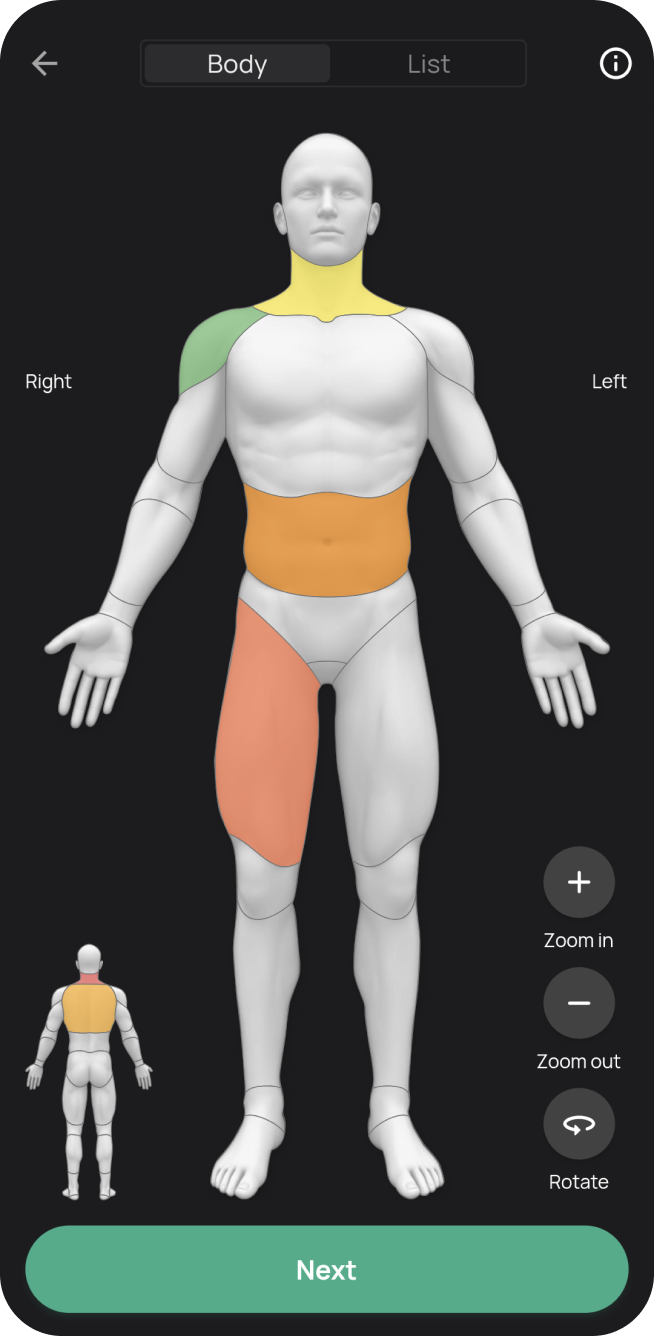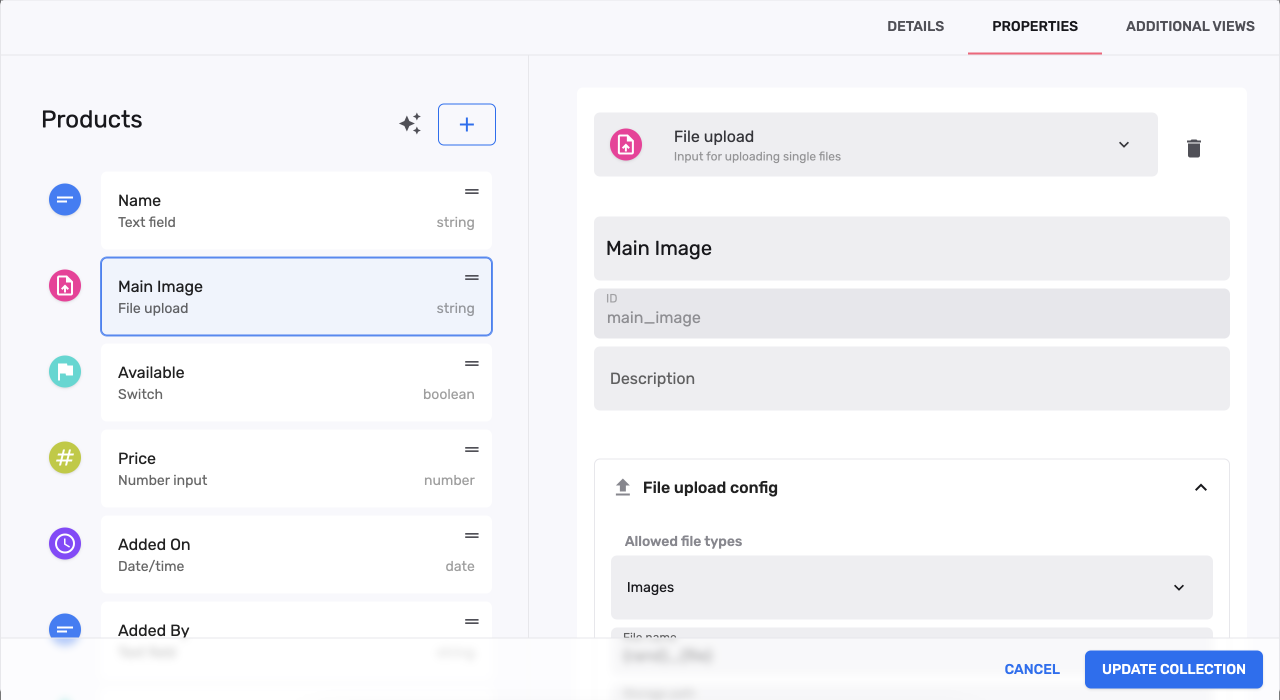Your CMSbased on Firebaseor MongoDB
The prime choice for innovative CMS
Manage your
FireCMS is a fully extendable app that will become the heart of your project.
Enjoy the most powerful features of Firebase or MongoDB and build your own custom back-office app/admin panel in no time.
Easy to get started, easy to customize and easy to extend. FireCMS is great both for existing projects, since it will adapt to any database structure you have, as well as for new ones.
Much more than a CMS
FireCMS is an open source headless admin panel built by developers for developers.
Get a back-office app/dashboard for your Firebase or MongoDB project in no time.
Trusted by
...and thousands more!
Modern UI components based on tailwindcss
Advanced Editing
FireCMS offers both flexibility and an excellent user experience. Edit your collections and entities using a user-friendly spreadsheet view and effective forms.
FireCMS creates CRUD views based on your configurations with ease. It's simple to set up for common cases and just as easy to extend and customize to fit your specific needs.
FireCMS imposes no data structure restrictions, allowing seamless integration with any project right from the start.
Flexible Customization
FireCMS offers developers an easy way to adapt the platform to their specific needs while keeping the initial setup simple. Our practical defaults can be conveniently overridden or expanded.
Effortlessly integrate your custom form fields as React components and preview widgets. Moreover, you can create detailed views related to your entities or within the main navigation for a truly customized experience.
For developers
const price = buildProperty({
name: "Price",
description: "Price with range validation",
dataType: "number",
validation: {
required: true,
requiredMessage: "Price must be between 0 and 1000",
min: 0,
max: 1000
}
});
Easy schema definition
Define your schemas and choose from multiple form widgets and validation options.
Use advanced features like conditional logic for your fields, references to other collections, markdown or file uploads
Built for every project
FireCMS is a headless CMS built to work with every existing project. It does not enforce any data structure.
Use the integrated hooks and callbacks to integrate your business logic in multiple ways.
const productCollection = buildCollection({
name: "Product",
properties: {
name: {
dataType: "string",
name: "Name",
defaultValue: "Default name"
},
uppercase: {
dataType: "string",
name: "Uppercase Name",
readOnly: true
}
}
});
const productCallbacks = buildEntityCallbacks({
onPreSave: ({ values }) => {
values.uppercase = values.name.toUpperCase();
return values;
}
});Typescript
React
Tailwind CSS
Firebase/MongoDB
️ Open-source
Batteries included
FireCMS provides all the flexibility you need with the best UX. Edit your collections and entities using both a spreadsheet view and powerful forms.
Consistent Data Management
Establish schemas for your data types and set validation options
Sophisticated Editing Tools
Spreadsheet-style editing, robust forms, file storage, entity references...
Role-Based System
Configure app settings according to the logged-in user
Flexible Customization
Incorporate custom form fields, hooks, and full views based on React
Subcollection Compatibility
Seamless navigation for collections within other entities
Real-Time Support
Live updates in every view of your CMS, ideal for background updates
Simple Data Import, from file to CMS
FireCMS offers a streamlined data import feature designed to make your life easier. Whether you're working with extensive CSV, JSON or Excel files, our intuitive tools enable you to transfer and integrate your datasets into FireCMS. No more tedious manual data entry or convoluted import processes—just quick, efficient, and reliable data importation.
Our data import tool will detect your data types automatically, and if you override a mapping, it will do the data conversion for you.



All the power of Firebase/MongoDB
and open source
Extend the functionality of your admin panel and your complete project with all the capabilities of Firebase and Google Cloud, or MongoDB Atlas.
 ~ John CoppaCTO at EasyHome
~ John CoppaCTO at EasyHome